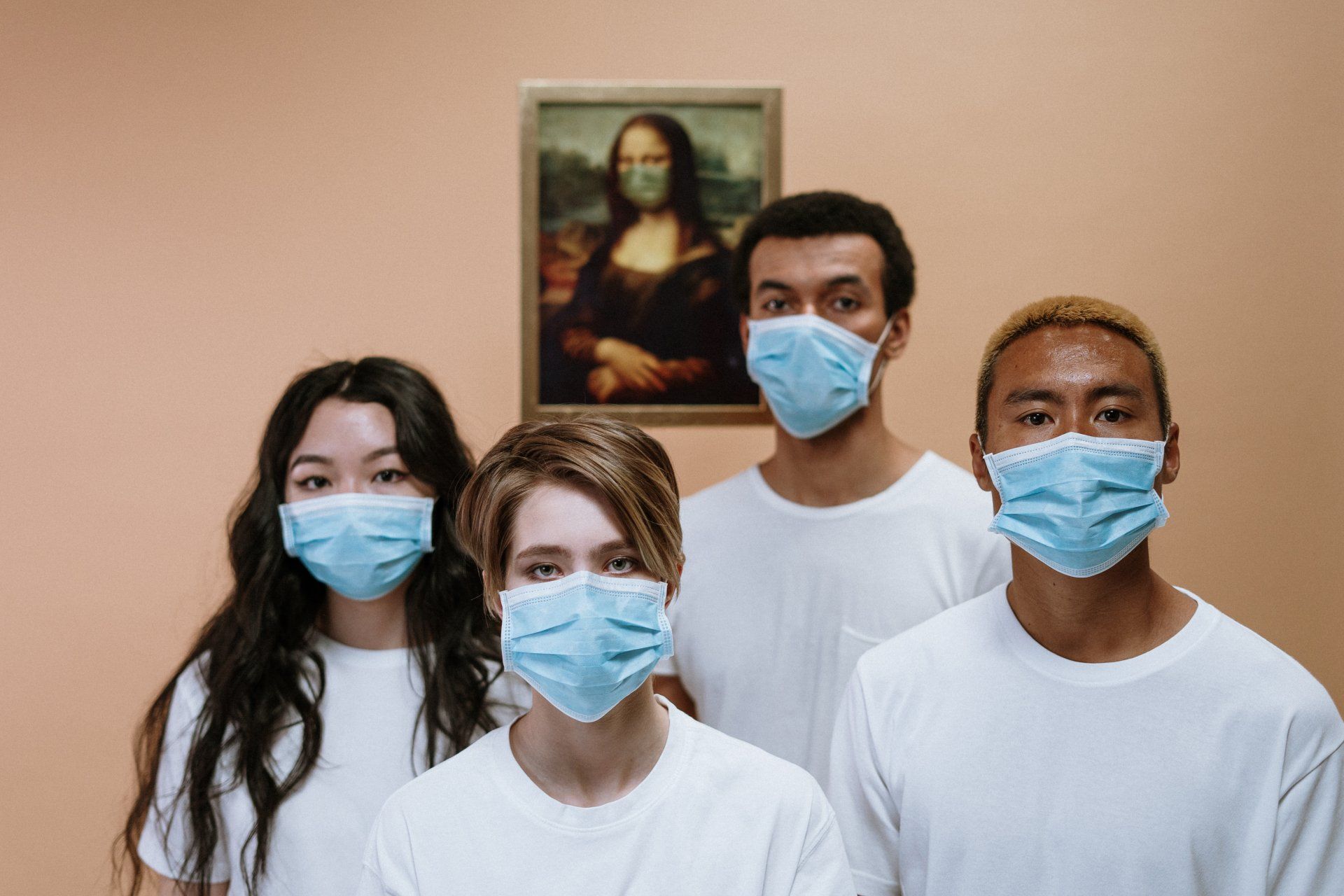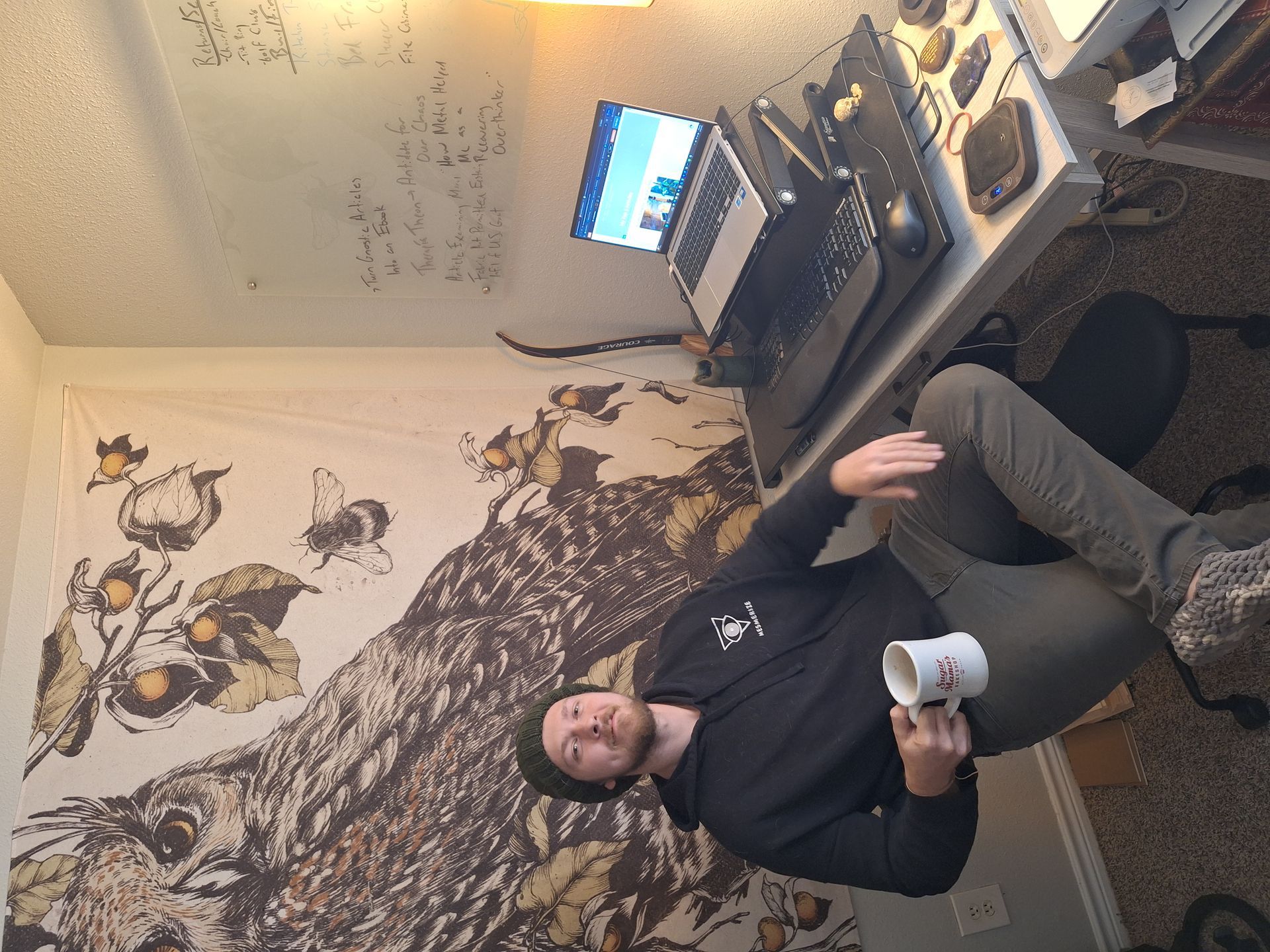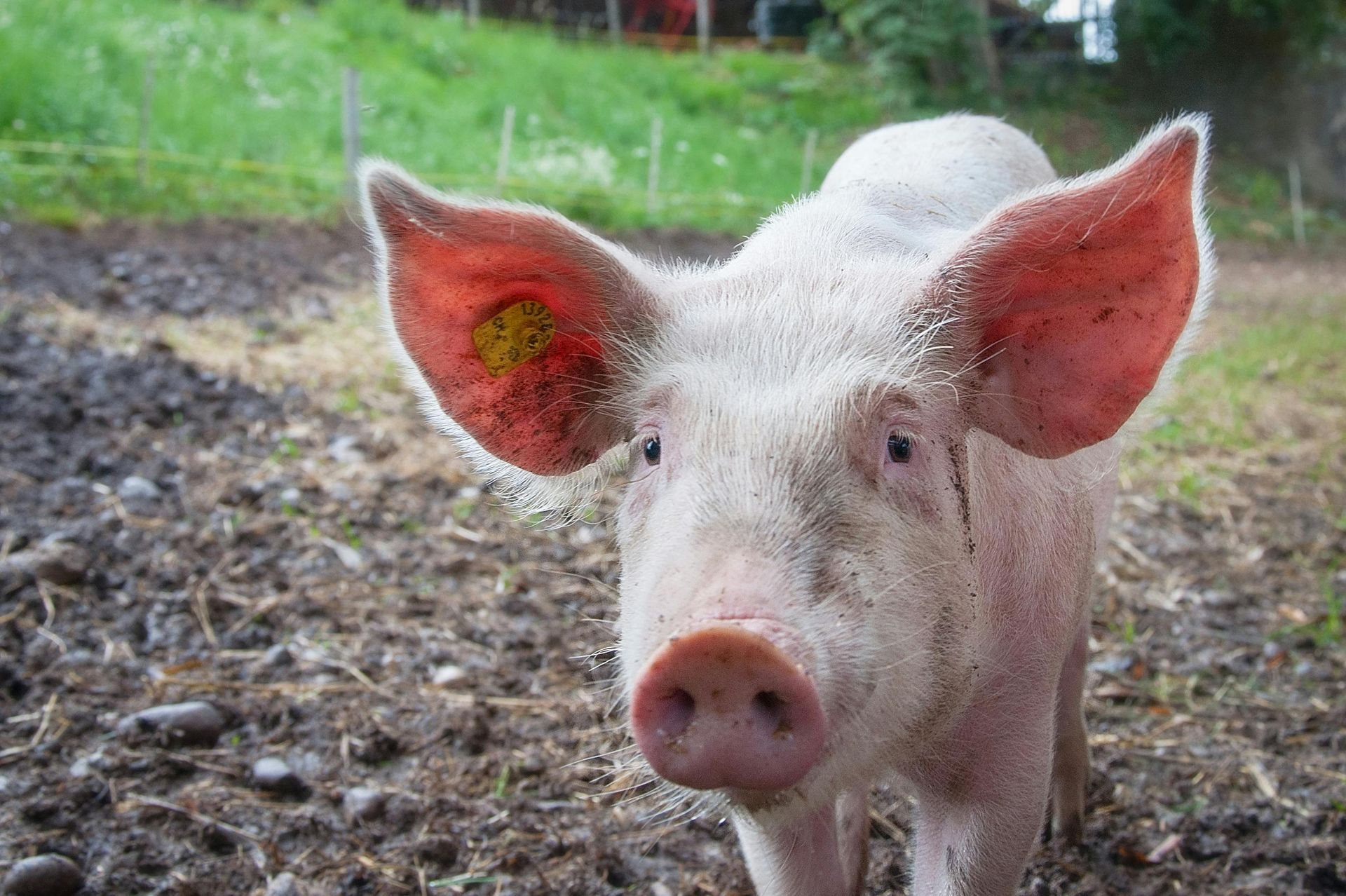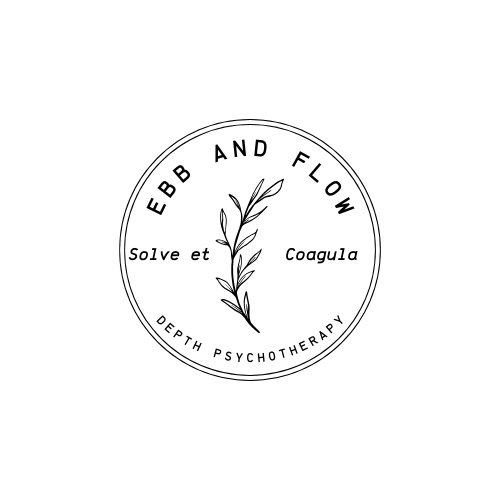Lessons from COVID - Individual and Collective
Michael Ebbinghaus • January 12, 2022
We're All Doing Our Best

An internal process has been at play over the course of the pandemic, one in which I struggle to adopt the proper frame that may allow me to be of service to the massive social conversation we are engaged in. Through this process I hope to be a part of the greatest possible outcome. Through this process, I have watched myself make many of the same assumptions I claim are dangerous and incite derision and disaster. This is namely
collapsing broad narratives onto individuals, assuming that I know what their motivations are, and assigning them a label accordingly.
To some degree, we all do this. Our rationality craves certainty, predictability. We are not always aware of the massive collective forces and ideas that have us. The vast majority of us operate from a stance of best intention, and though good intentions are the proverbial pavement on the road to Hell, it is encouraging that this is what most of us ultimately desire. The citizens of Nazi Germany and communist Russia did not participate in their zeitgeists out of malice – they wanted what was best for their families, communities, and themselves.
This is what I often fail to consider.
While there are forces and narratives beyond our conscious comprehension, it is unknown what the best path may be. It is likely that great upheaval and the path we have walked as individuals and societies is all necessary to bring about the best possible outcome or what is. How many of us would erase the mistakes of our youth and the ignorance that by fortune led us to great wisdom? I ease into an assumption of certainty and righteousness because this is something that makes me feel safe as a separate entity in the world, at times oblivious to the oneness of our nature. The Truth of the matter is that I have no idea what the correct course is or if there even is one.
"How many of us would erase the mistakes of our youth and the ignorance that by fortune led us to great wisdom?"
My own experience of contracting COVID reflects this, and by examining the individual experience we can embody a fuller understanding towards what is happening in the social body. Ultimately I carried an assumption that the pandemic and everything that has followed in its wake has been a bad thing, though I often declare that it has been a time of massive reflection, as any illness is. Ridden with fever for three days, I could be nowhere but in my body. It alerted me to its presence with every breath and movement. Even lying still, the aches cried “I’m here.” I lamented the loss of smell though it proved occasionally advantageous, something made aware to me by the intact senses of others.
Having COVID brought me to recesses within my body that had been dormant. How this process unfolded I am unsure. The best hypothesis I can assemble is that the movement of my consciousness into my body allowed these long-held energies to find some expression. After three days of fever, there was a terrible pain that emerged. Attributing it to prolonged high internal temperature, I took ibuprofen. As the fever broke it became clear that the fever was not solely responsible for the pain;
I had unconsciously and voraciously contracted my muscles.
I was unable to relax the tension through my breath. There was something emerging that the body felt the need to protect me from.
There is a similar process at work here but on national and global levels. COVID is taking us to deep recesses of the collective unconscious, a realm full of tremendous power and hazard. Illness is the way that most of us find rest and time to reappraise our life and habits.
The globe is sick.
We have operated on paradigms no longer suited to the present condition, and everywhere the conflict between tradition and progression reaches new heights. People’s resistance to returning to work is neither an incentive from an indulgent government or proof of our laziness. There is something greater at work here, a movement away from what has been toward a new reality, and it is anyone’s guess as to what that reality might be.
In my estimation, there is the desire for security that incites control, and there is a conflicting desire for liberation, freedom. It is clear from the data we have available that vaccinations are a means towards the former. While they are an effective means for lessening severity of the illness – preventing hospitalization and death – the authoritarian means by which they are promoted (mandates) and the manner in which all other treatment modalities were systematically eliminated, proffering the vaccines as the only effective method, can only earn our distrust and suspicion. I have heard the voices who, in the aftermath of the death of George Floyd, cried out against colonization and the tyranny of the white man, yet have no resistance towards enforcing a Western medicine with no regard for the indigenous capacities of the innate immune system or other effective pharmacological treatments. They are blissfully unaware they are participating in a fully patriarchal system of oppression and control, assuaged by the assurances of their good deeds and beneficent ideologies.
"COVID is taking us to deep recesses of the collective unconscious, a realm full of tremendous power and hazard."
But this is exactly the point, and it’s the fallacy I see myself and so many others making: these individuals that I speak of, sometimes with great anger, are only doing what they think is best. Though the Inquisitors had great compassion for the people they tormented, they did it in interest of their everlasting souls. We must be aware of our tendency to want to know what is good for other people, and permit their agency and intelligence to make sense of the matters themselves and create their own solutions, make their own choices. I have been intensely guilty of this. Passing by people that wear masks outdoors, I label them as stupid, cautious to the point of living death,
and fail to notice what is actually happening: a frightened individual adapting so they might still live in the world, that doesn’t want to hurt another, that doesn’t want to see someone they love or anyone placed on a ventilator and slowly suffocate. While I believe such fears are overblown, there are those that this has been an all too present reality.
Do your best, acknowledge that others are doing their best too. When disagreements arise, resort to the harmless combat of conversation, lest we resort to hurling bricks, bombs, and bodies at one another.


